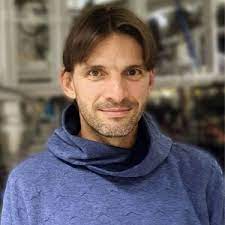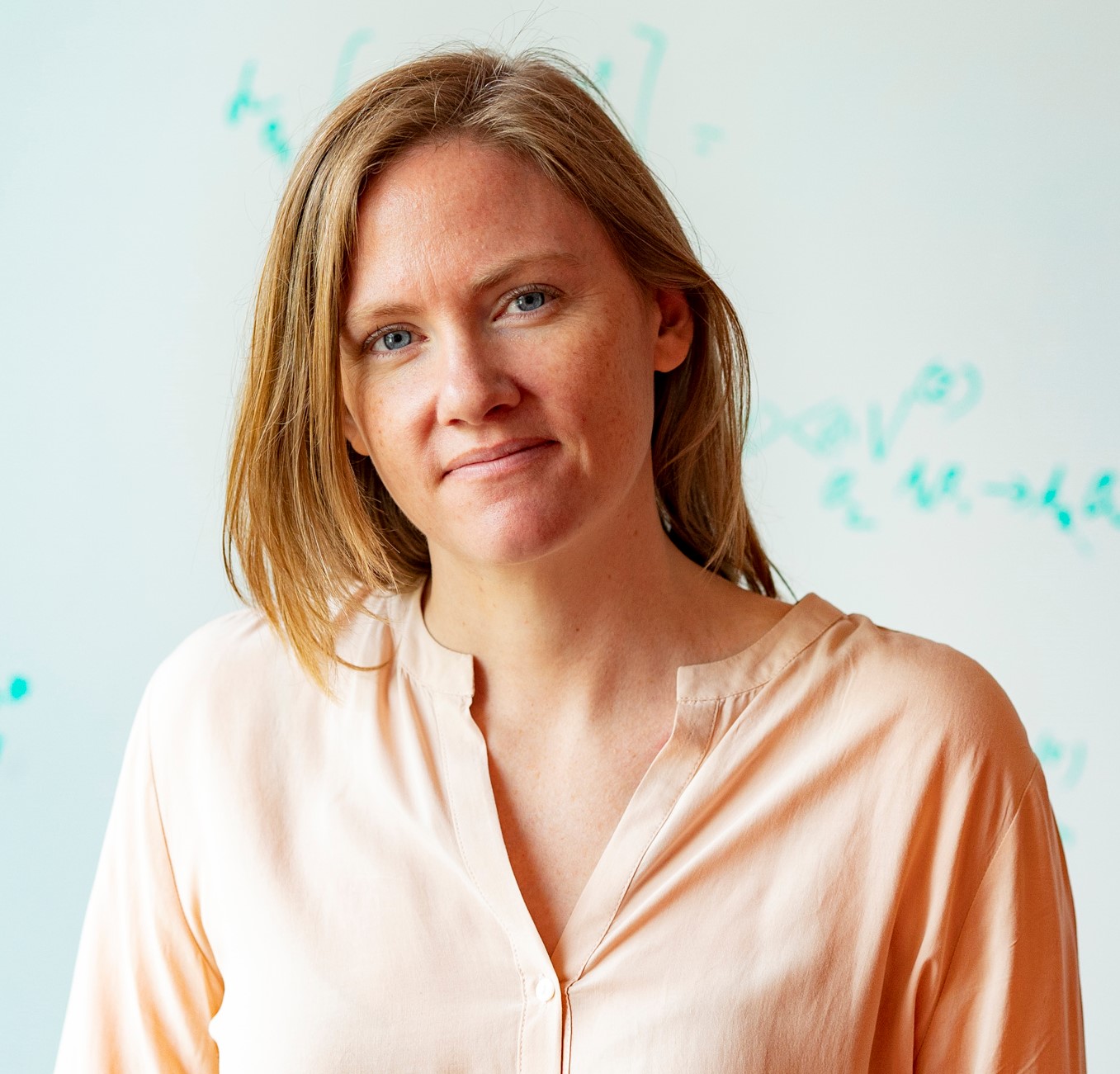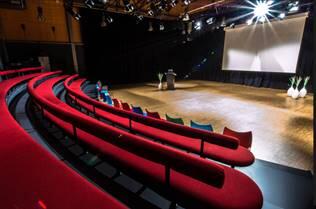QSC 8th General Assembly
On Friday December 2, Delft will host the 8th QSC General Assembly, organized by Johannes Borregaard (QuTech, Delft), Gayane Vardoyan (QuTech, Delft) and Arghavan Safavi-Naini (IoP/UvA, Amsterdam). You may expect exciting presentations from fundamental mathematics to experimental quantum optics. Confirmed speakers are Philipp Schindler (University of Innsbruck), Stacey Jeffery (QuSoft, CWI) and David Hayes (Quantinuum).
We like to welcome all of you in Theater room in X: https://www.tudelft.nl/x .
You can still register for this event, but registration for lunch and drinks/snacks has been closed by November 28.


For students and postdocs, we have an exciting proposition: present a poster at the QSC and try your fortune ! That’s right, we have prizes, plural. The recipient of one such reward will be bestowed upon the most skilled and striking poster-maker, who will be plucked out of the masses by an impartial jury of seasoned quantum connoisseurs (i.e., QSC Faculty). But wait, there’s more. A second prize recipient will be voted upon by the public, so fear not if you failed to impress the judges — you may yet dazzle the crowd ! So yes, it’s just like Eurovision…but with posters.
09:30-10:00: Arriving (tea/coffee)
10:10-10:20: Welcome Harry Buhrman
10:20-11:05: Phillip Schindler (Innsbruck) - Demonstration of fault-tolerant universal quantum gate operations
11:10-11:40: Tea/coffee
11:40-12:25: Stacey Jeffery (QuSoft/CWI) - Quantum subroutines
12:30-13:25: Lunch
13:30-14:25: QuTech lab tours and various outdoor games
14:30-15:15: Poster pitches
15:15-15:45: Tea/coffee
15:45-16:30: David Hayes (Quantinuum) - Quantinuum’s trapped-ion quantum computers
16:30-18:30: Posters + borrel & drinks
18:00-18:10: Announcement of poster winner(s)
Philipp Schindler (University of Innsbruck): Demonstration of fault-tolerant universal quantum gate operations
Abstract: Quantum computers can be protected from noise by encoding the logical quantum information redundantly into multiple qubits using error correcting codes. When manipulating the logical quantum states, it is imperative that errors caused by imperfect operations do not spread uncontrollably through the quantum register. This requires that all operations on the quantum register obey a fault-tolerant circuit design which, in general, increases the complexity of the implementation. Here, we demonstrate a fault-tolerant universal set of gates on two logical qubits in a trapped-ion quantum computer. In particular, we make use of the recently introduced paradigm of flag fault tolerance, where the absence or presence of dangerous errors is heralded by usage of few ancillary 'flag' qubits. Experimental results are accompanied by numerical simulations based on a generic, architecture-agnostic error model.
Stacey Jeffery (QuSoft, CWI): Quantum subroutines
David Hayes (Quantinuum): Quantinuum’s trapped-ion quantum computers
Abstract: Quantinuum is developing trapped-ion quantum computers based on the QCCD architecture. By scaling the number of microtraps supported in a device and connecting them through ion-transport operations, the quantum operations can maintain high fidelity in a system with full connectivity. In this talk, I’ll give an overview of our first generation quantum processor, including component and system level benchmarks, and report on some of our activities around fault-tolerant quantum error correction.


